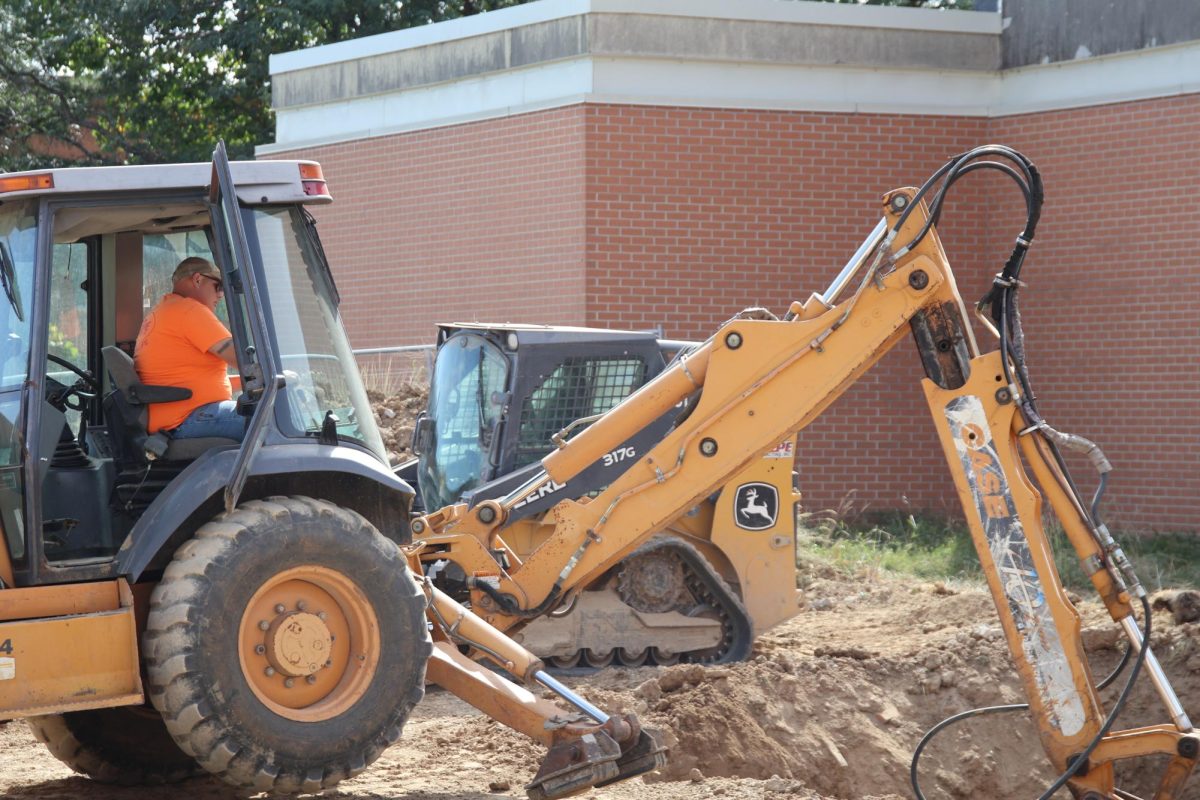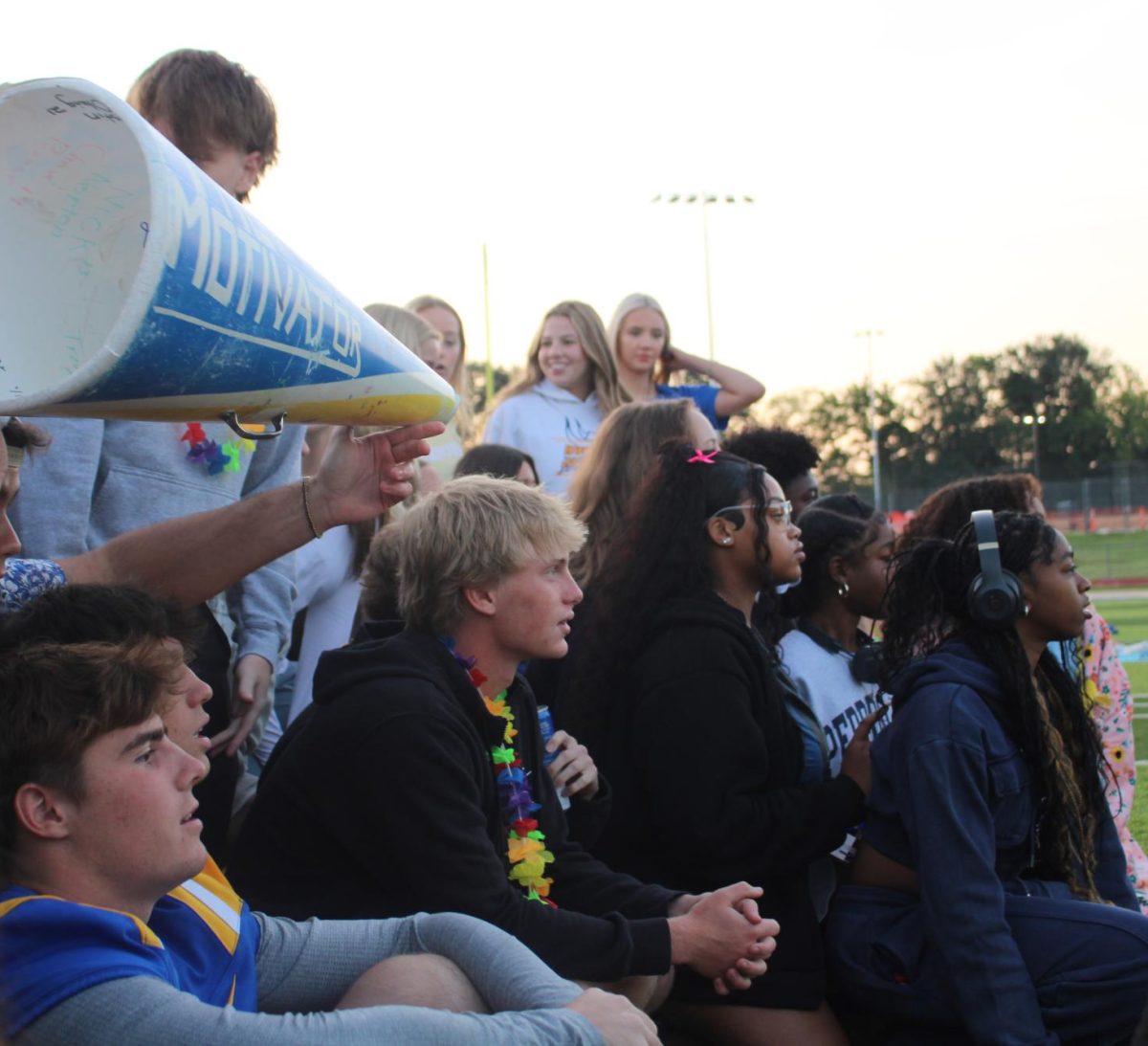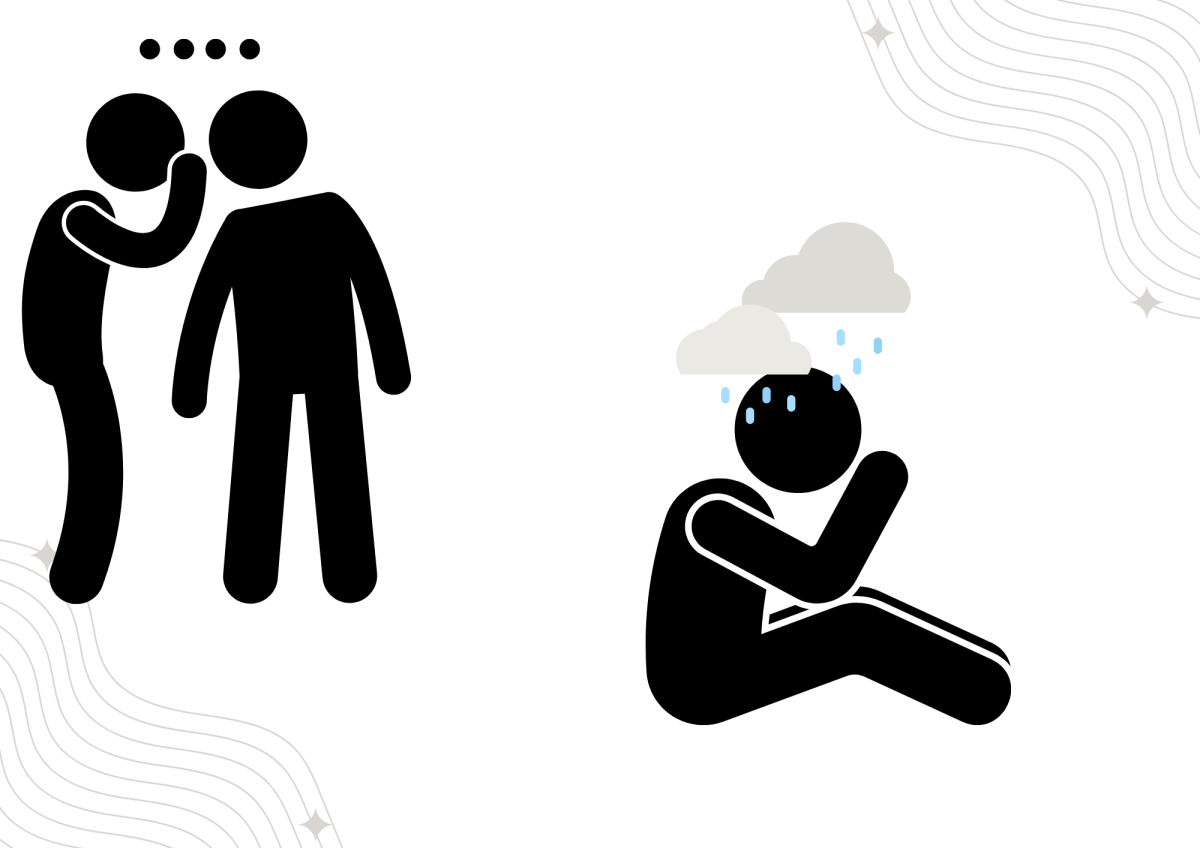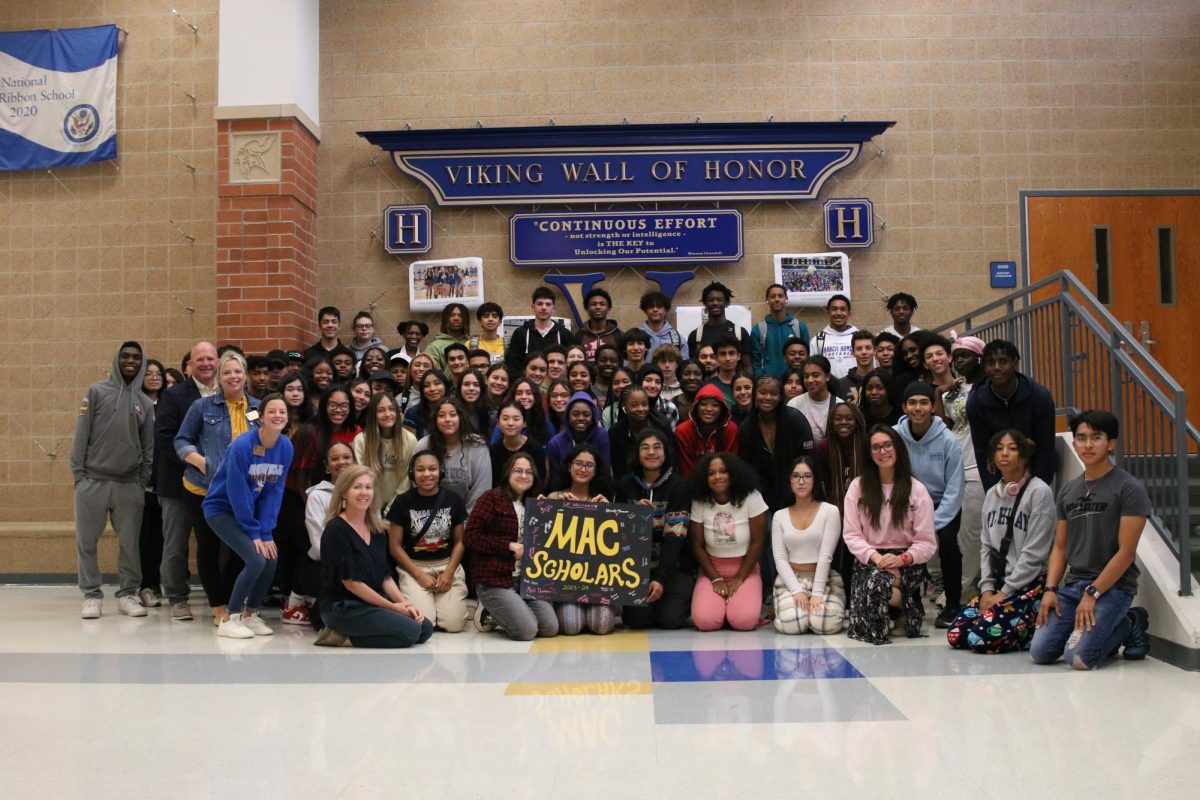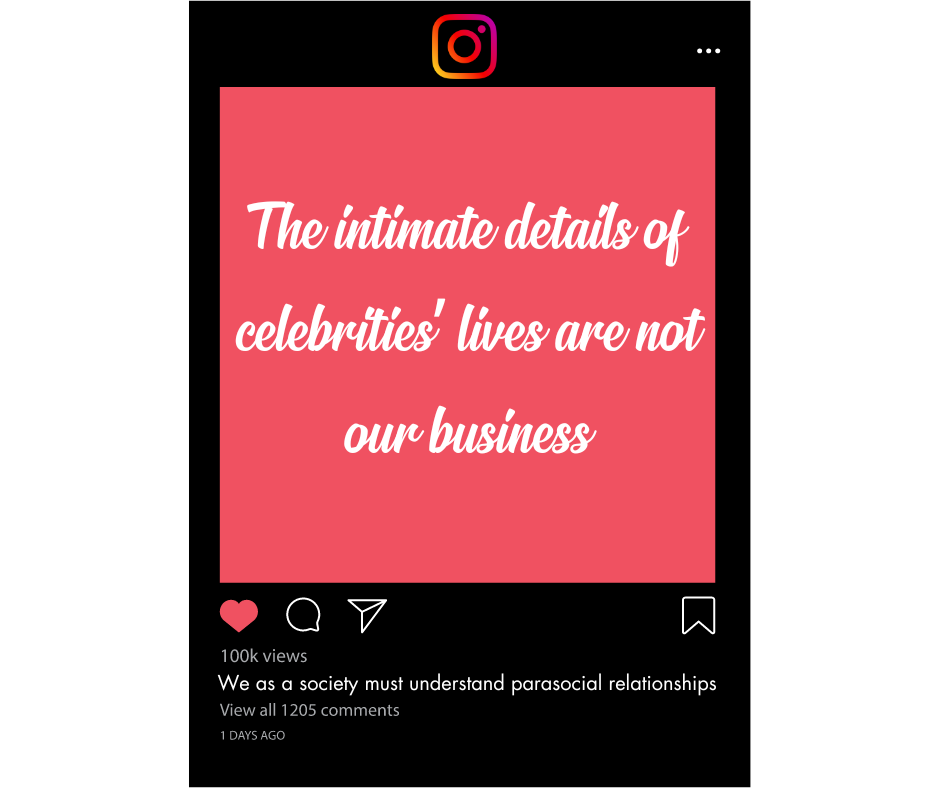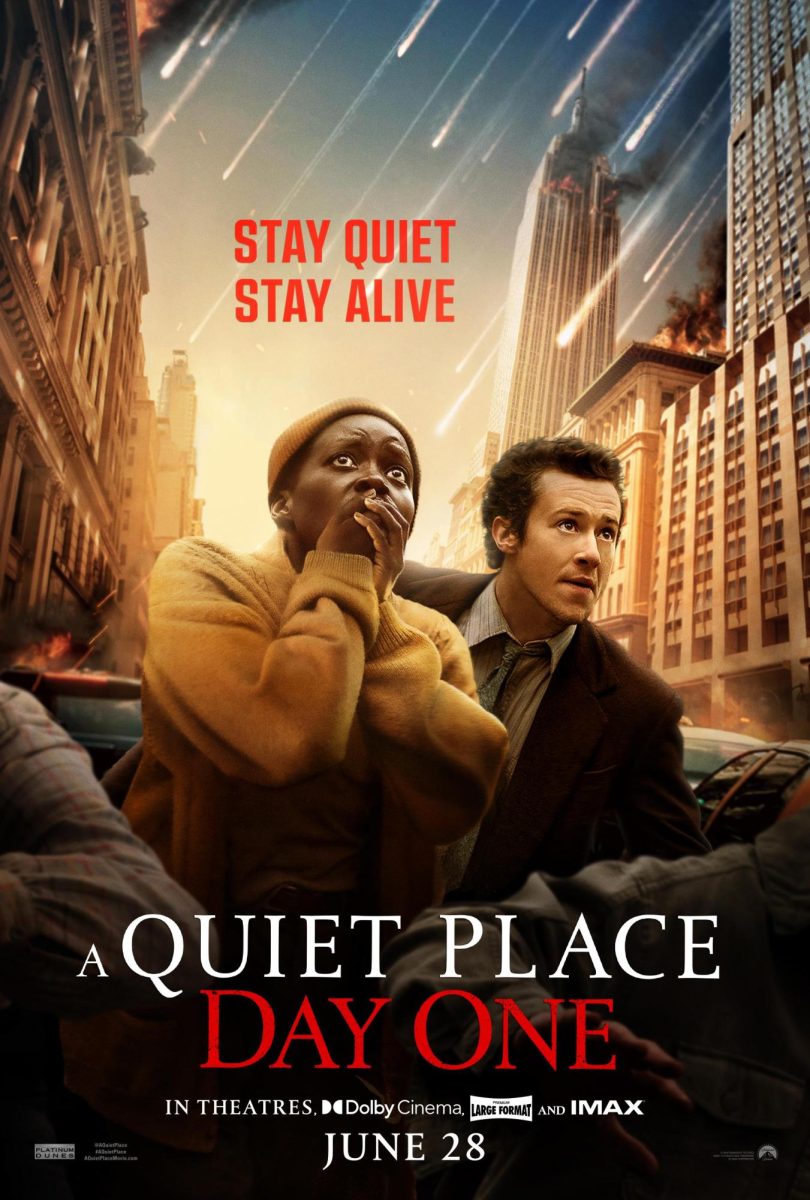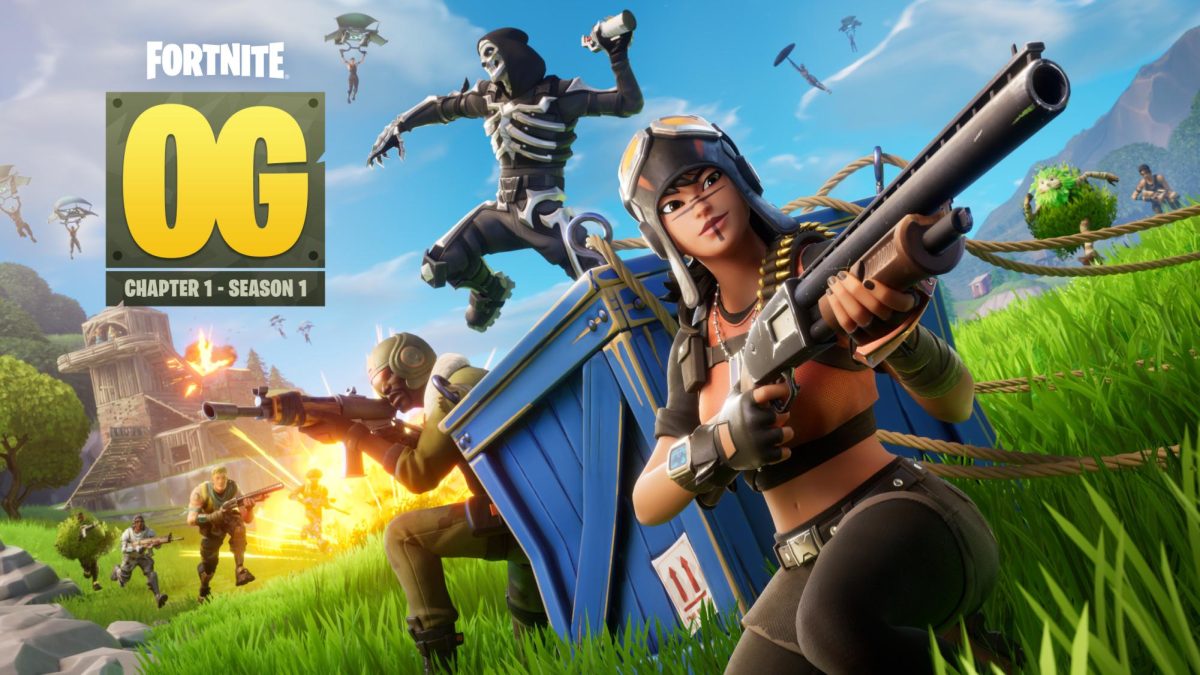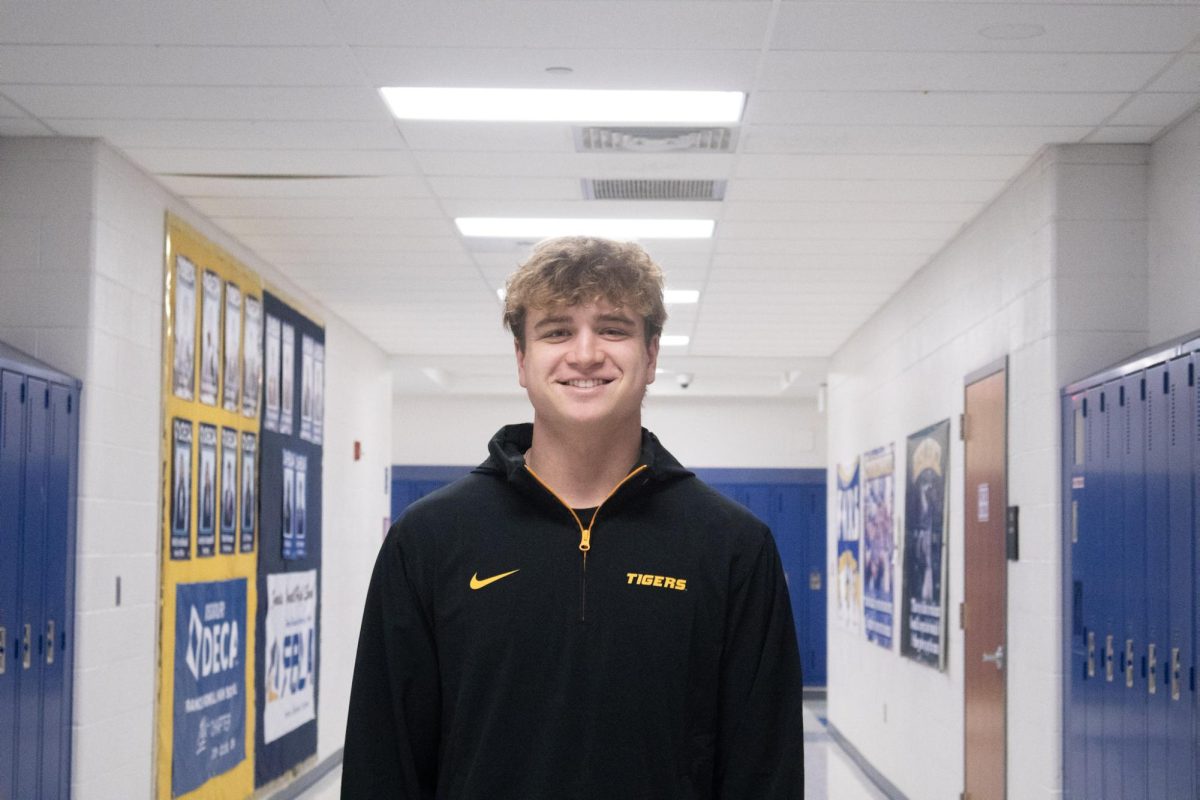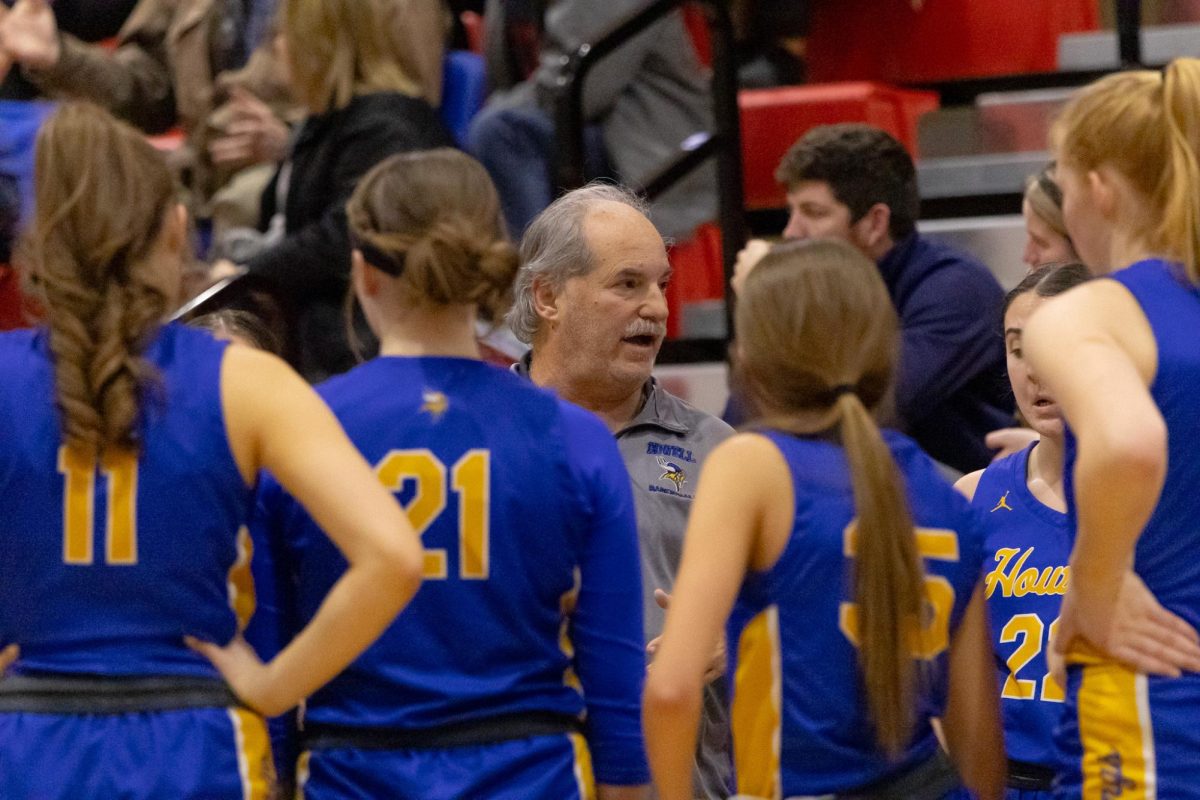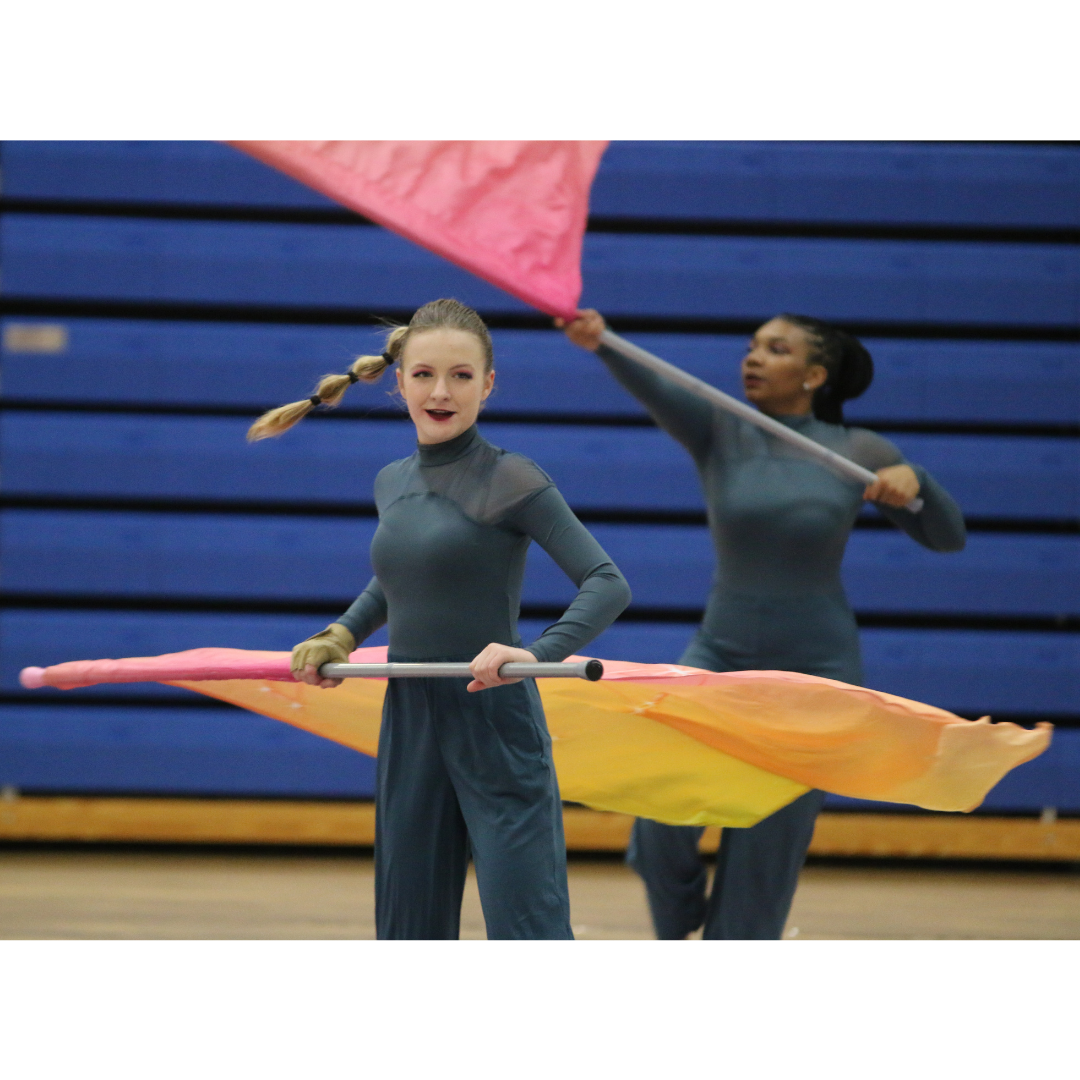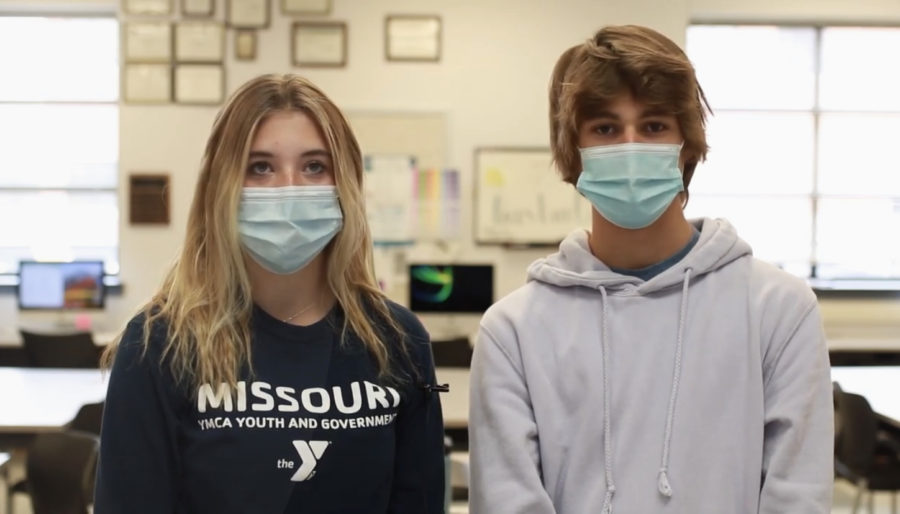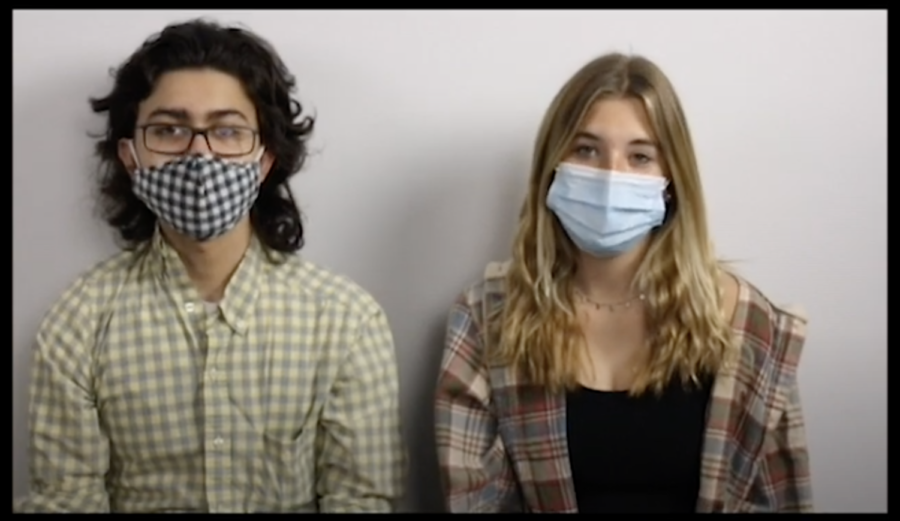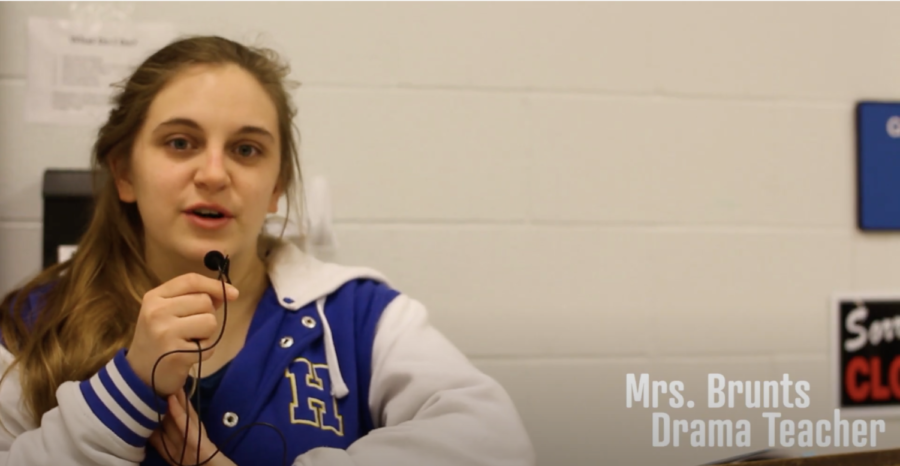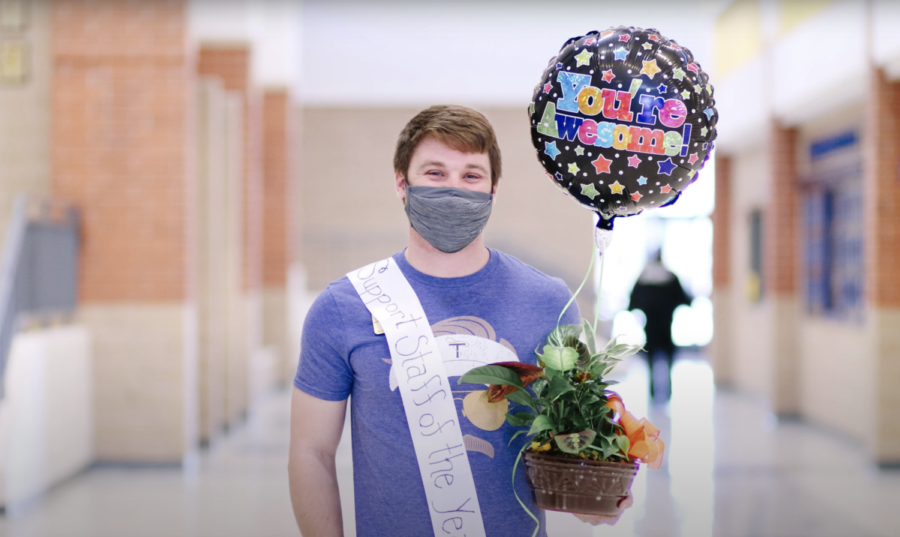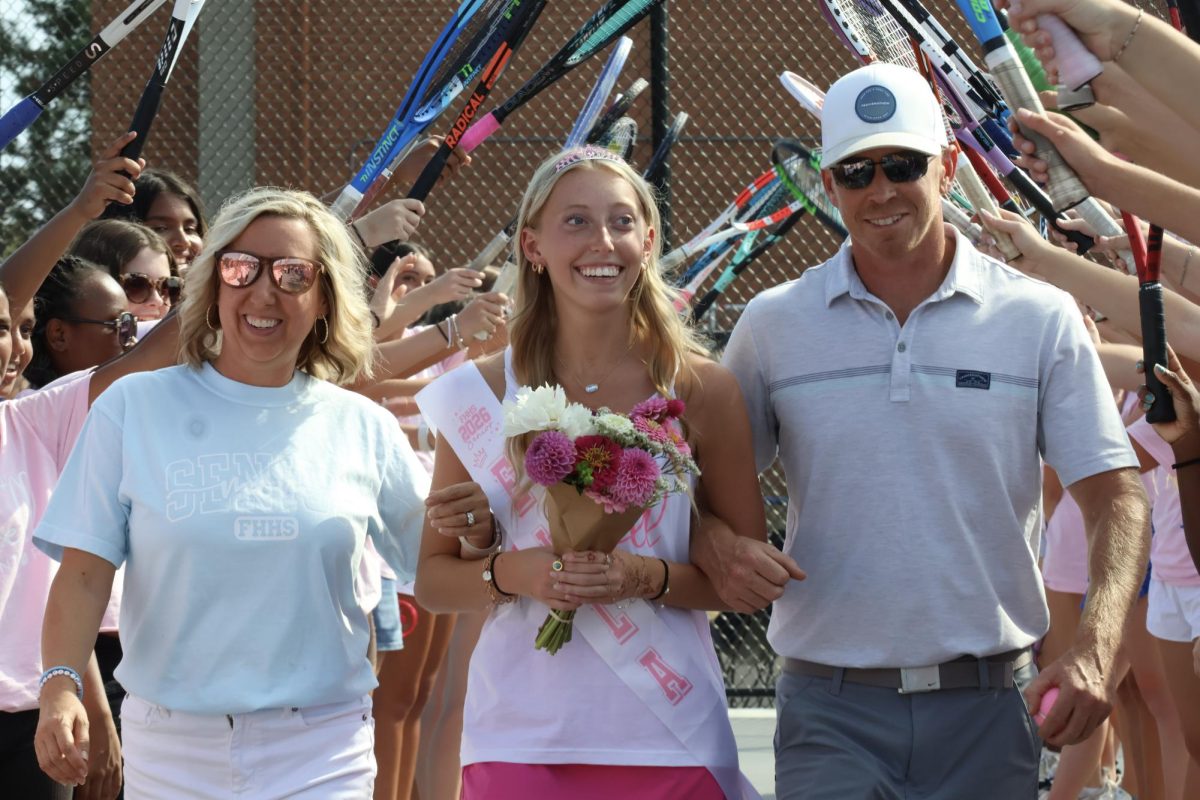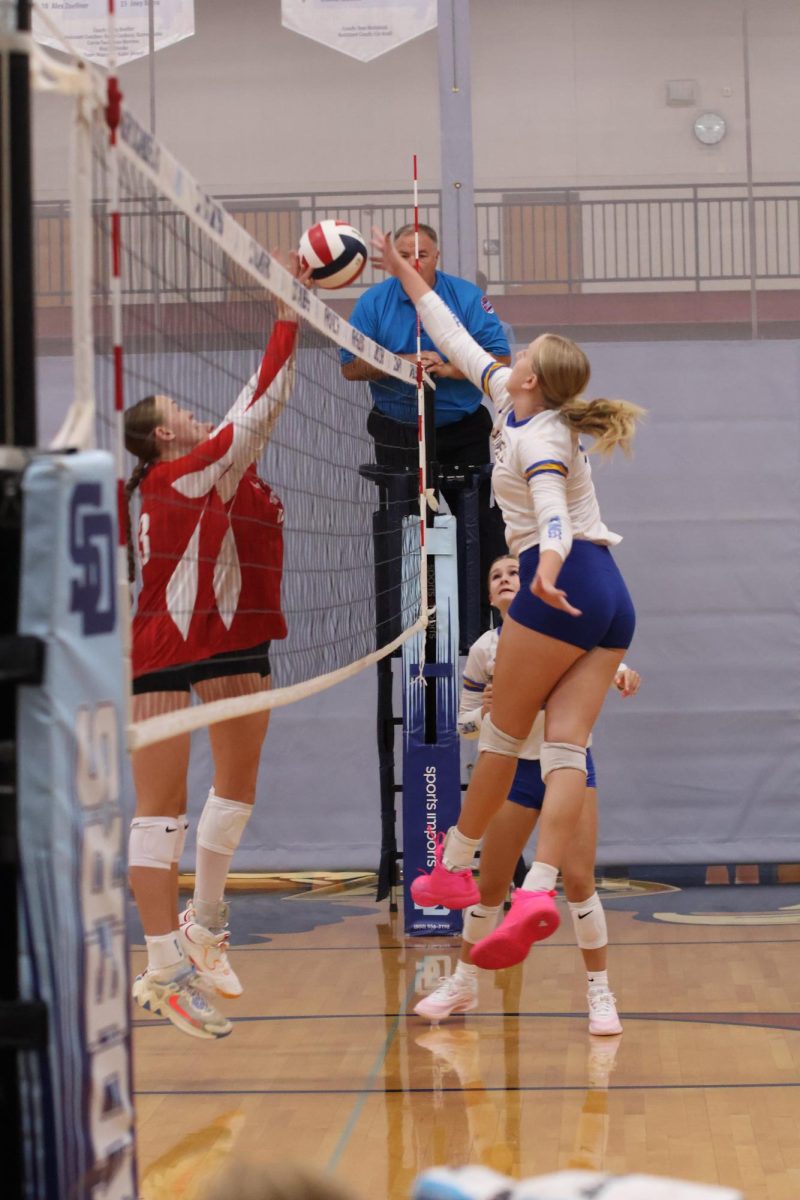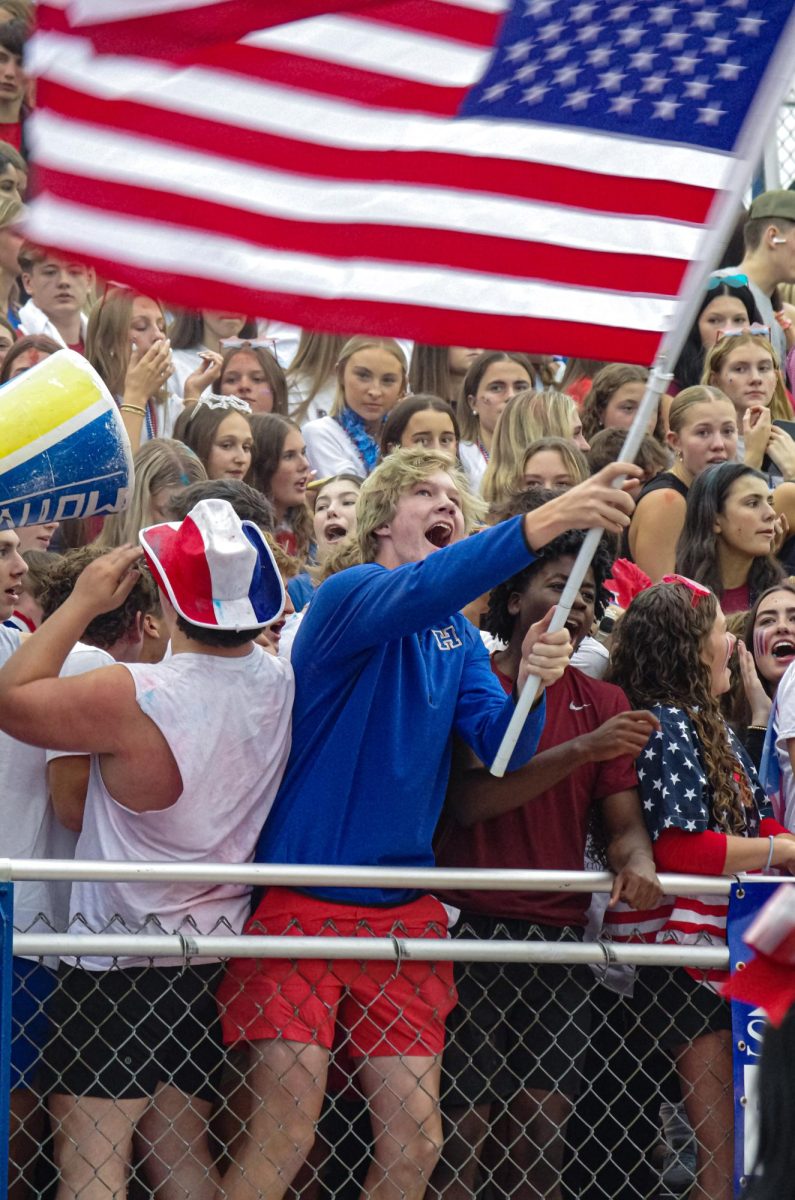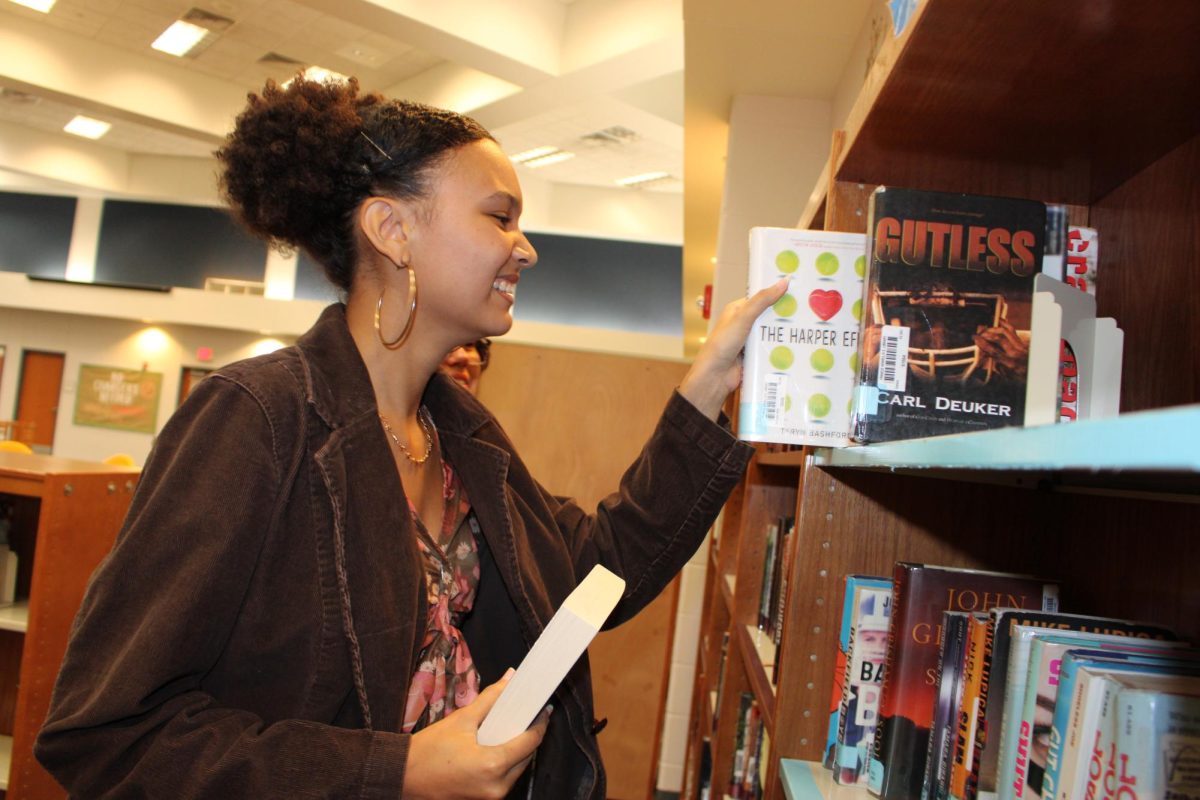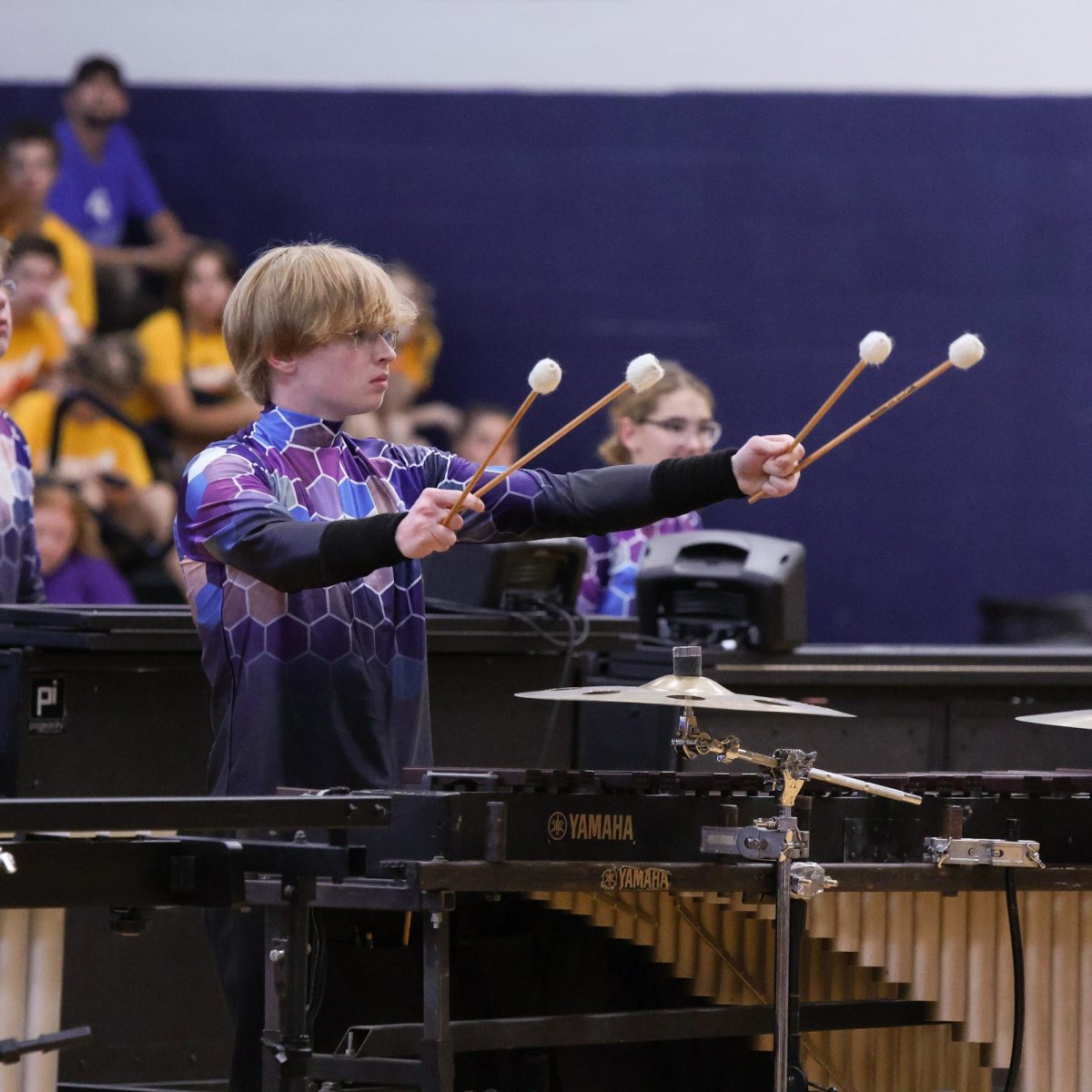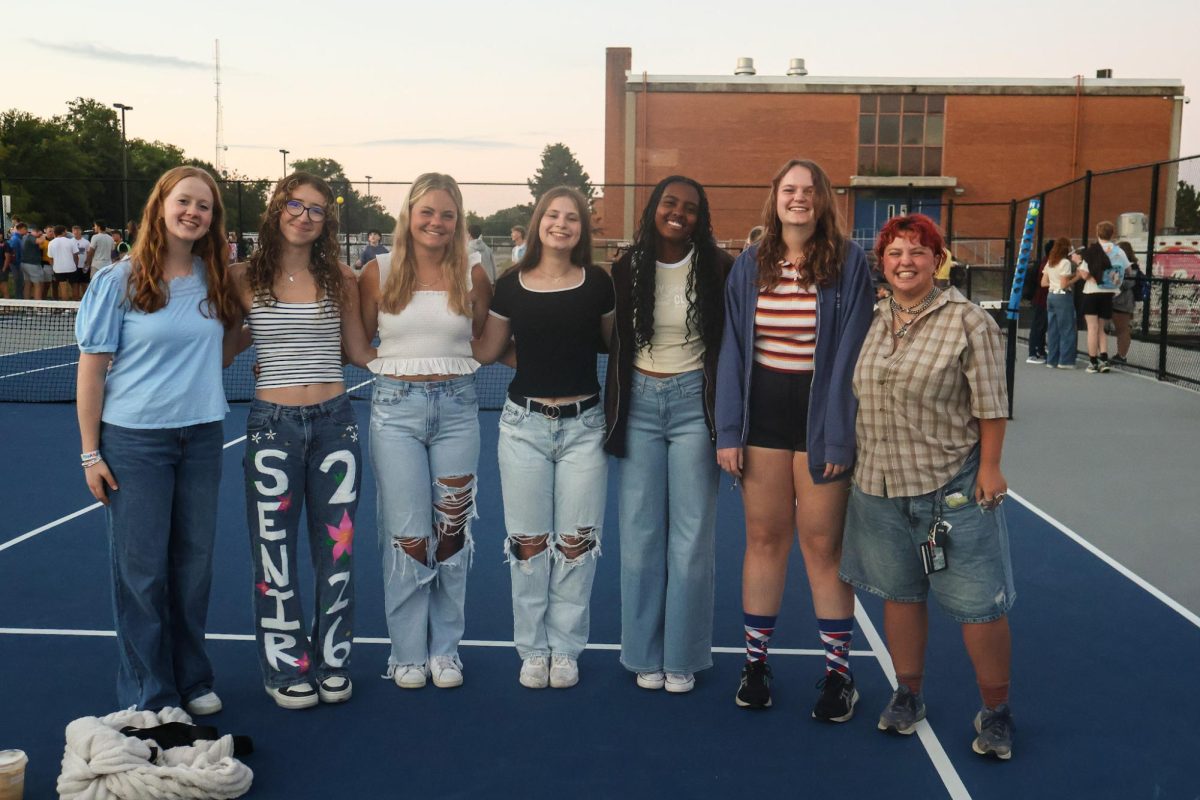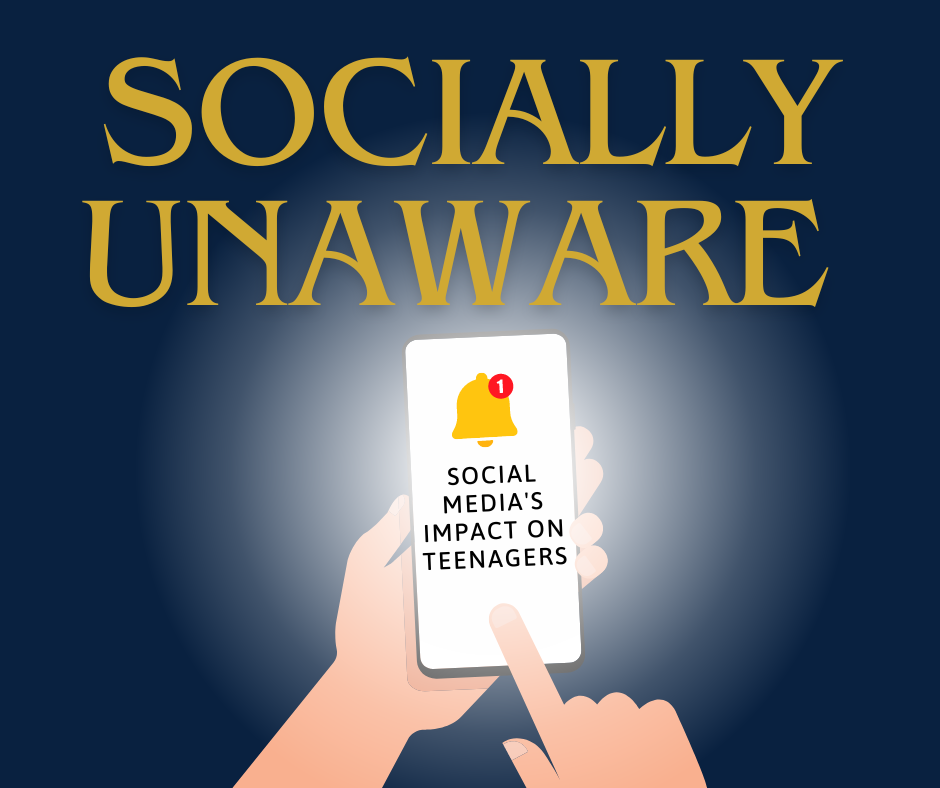Ping! Another notification! You can’t resist the urge to check your phone now; that homework can wait.
Social media is not good for students because it decreases productivity, encourages cyberbullying and decreases people’s desire for face-to-face interactions.
Using social media can decrease productivity. According to an article from the St. Cloud Technical and Community College, the frontal cortex is related to addictive substance use, gambling, and getting approval on social media. These findings, when further explained, suggest the rewards center in adolescents’ brains is especially susceptible to social media. The more likes, follows and comments we get, the more entrancing it can be. This is especially dangerous because it can blind us from what is really important and greatly hinder productivity.
In addition, the rewards center in our brains can be so warped that, without these interactions, we will feel empty and lost. Cyberbullying and decrease in mental health are adverse effects of using social media. According to the Cyberbullying Research Center, the percentage of American students in 2023 who experienced cyberbullying is higher than those who experienced bullying in school. Cyberbullying, which is a cause of mental distress for many adolescents, is on the rise, and social media is one way that spread it. One reason that cyberbullying is becoming more common is the confidence people feel hiding behind their aliases online.
The constant use of social media can decrease in-person interactions. Meeting someone in person allows for more consciousness of the other person through body language, voice and general intimacy, all very important to building social skills that impact a person and their relationships with others for a lifetime. A study conducted by Manjur Kohlar in 2021 states that communication online is considered detrimental by students themselves. This matters because we are impacting our communication skills for a lifetime.
Using social media can decrease productivity, mental stability and security online, and face-to-face interactions, all consequences that hinder our ability to make the best difference in the world. Students can prevent social media from taking over their lives if they set time limits, maintain in-person communication with family and friends, and in their free time find a hobby to preoccupy themselves with. Using these simple but effective methods, we can stop social media from making us socially unaware.

